
15 Appetizing Facts About Avocados
- Food & Drink
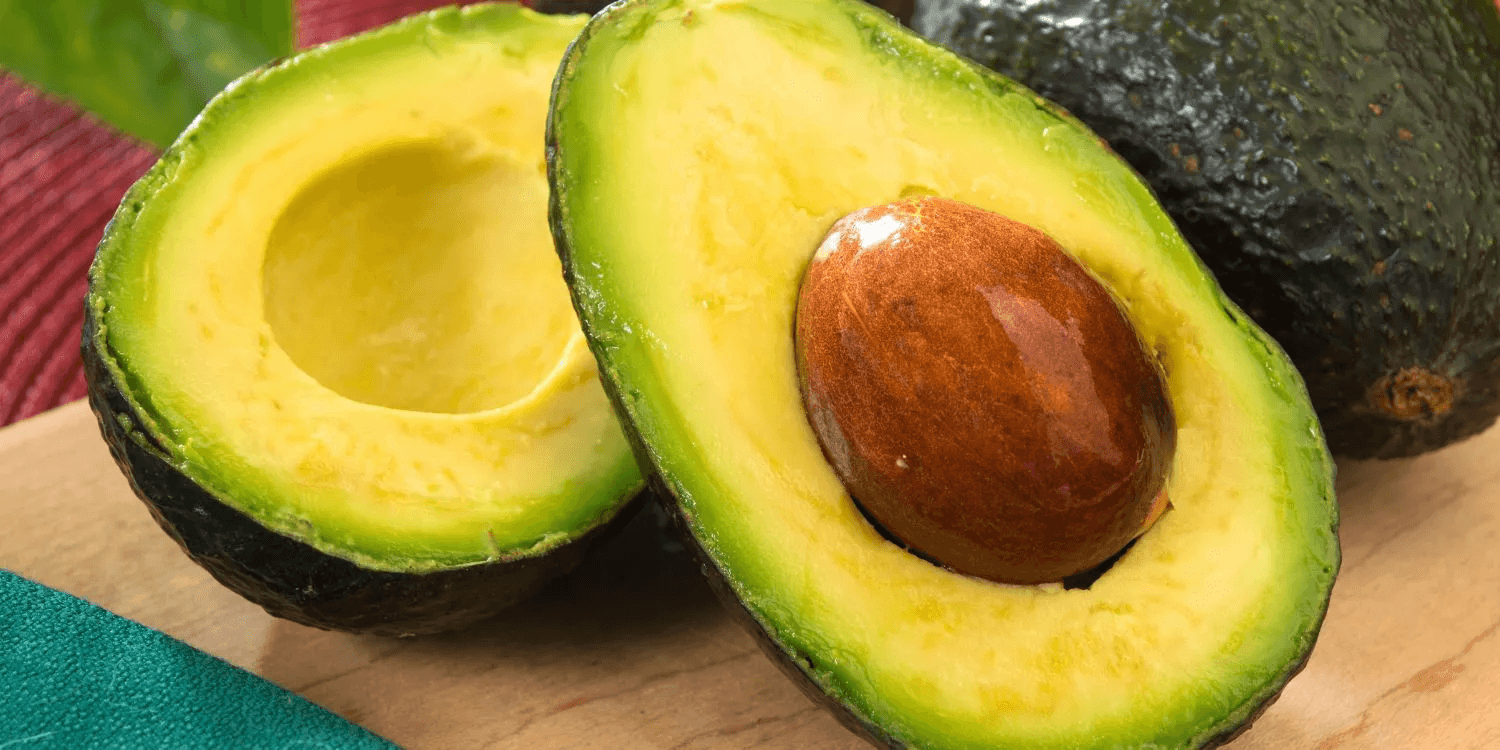
Whether it’s making avocado toast in the morning or having guacamole at lunch, one thing’s for sure. Avocados are delicious however you prepare them!
But there’s more to know about avocados besides being a healthy and tasty fruit.
From its economic significance to why it’s called avocado in the first place, our avocado facts are sure to make your jaw drop!
Continue reading for fifteen appetizing avocado facts that will leave you craving for more!
Scientists are puzzled by how avocados still exist!

Avocados reached their evolutionary prime around the start of the Cenozoic era, some 66 million years ago.
Back then, they made sense. They were a regular food sauce for megafauna, like mammoths and giant ground sloths, who were capable of eating avocados whole.
These giant creatures then carried the large avocado seeds away from the tree and pooped them out in places where they had a better chance of growing.
When the megafauna went extinct about 13,000 years ago, avocados weren’t regularly being eaten, so how they also didn’t go extinct is a mystery!
In a delicious twist of fate, they somehow survived long enough for humans to start cultivating them.
Mexico is the world’s largest avocado producer.
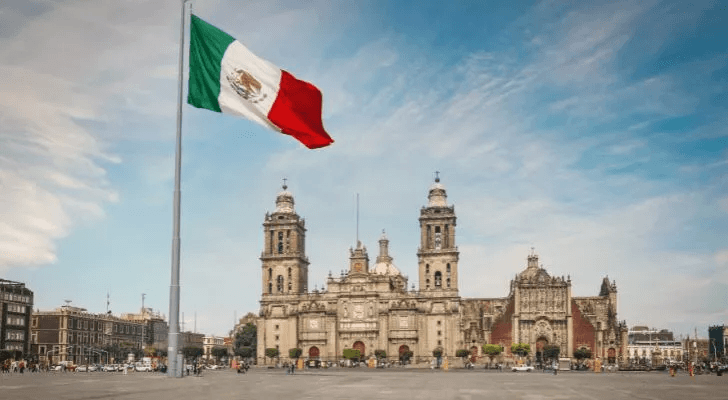
The country produced around 2.5 million tons (2.5 billion kilograms) of avocados in 2022.
During the same year, Mexico planted lots of avocado trees, covering 252 thousand hectares of land area.
It was done to keep up with the rising demand for avocados, which grew from an estimated 542 million pounds (245 million kg) in 2000 to 2.7 billion lbs (1.2 billion kg) in 2022!
Avocados are packed full of beneficial nutrients.
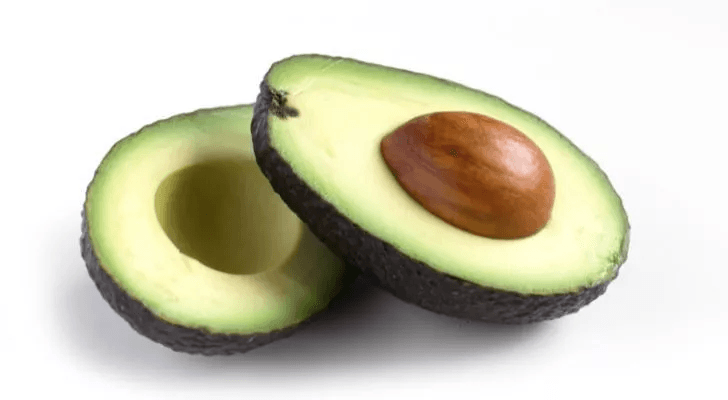
Avocados are rich in potassium, with just one average-sized 7-ounce (198-gram) avocado providing 21% of your daily potassium needs.
This makes avocados helpful in regulating your blood pressure and strengthening your nervous system.
Avocados also contain high amounts of vitamins C, B6, and E, all of which contribute to a stronger immune system.
Lastly, thanks to its high fiber and healthy fat content, they’re fantastic for your gut health.
It’s no wonder that avocados are considered a superfood!
Avocados are berries.
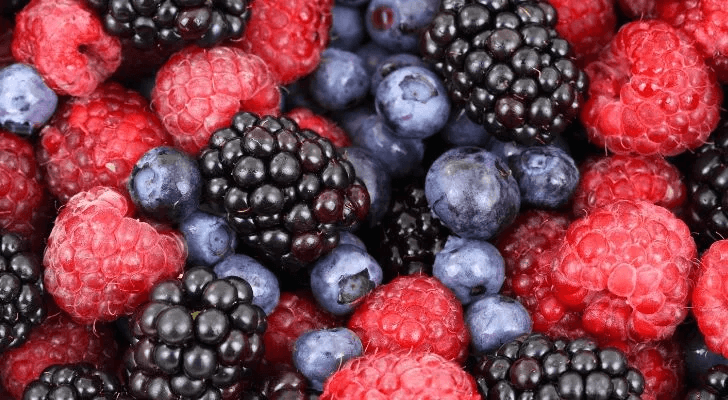
Berries are one of the two kinds of fleshy fruit, which typically contain many seeds.
But avocados only have one seed, so how in the world are they considered berries?
Well, that’s because other factors determine whether fruits are berries or not. For example, fruits are berries if they have a fleshy middle and inner layer, which is the case for avocados.
Also, fruits having many seeds isn’t really a prerequisite for classifying berries. I mean, bananas don’t even have seeds, yet they’re classified as berries!
National Avocado Day is celebrated on July 31.

This fun food holiday was created in 2017 by Model Meals, a California-based delivery business that focuses on healthy meals.
National Avocado Day is celebrated on July 31, as this is when avocado season peaks in California.
Some ideas for celebrating this quirky holiday are trying out new avocado dishes, visiting an avocado farm, or binge-eating avocados like there’s no tomorrow!
Hass avocados are the most popular type of avocado.
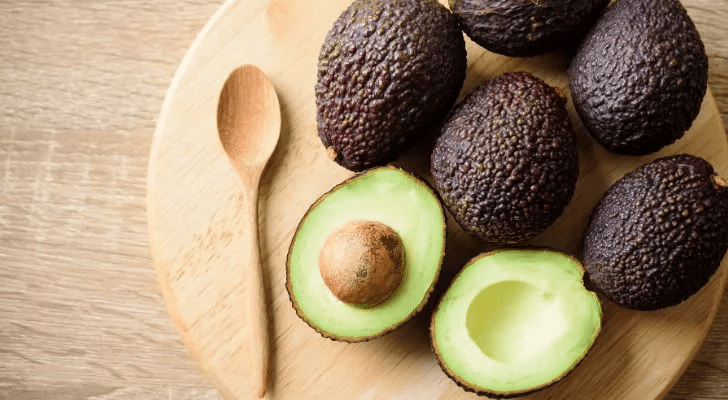
Out of the 400 varieties of avocados, Hass avocados stand out the most; about 80% of the avocados being consumed worldwide are Hass avocados.
Its name comes from a postman named Rudolph Hass, who decided to grow avocado seedlings in his home in 1926.
One of the seedlings eventually bore a smaller, dark-skinned avocado that tasted exceptionally creamy and delicious.
This led to Hass patenting the Hass avocado tree in 1935 and partnering with a local grower to help promote the new dark-skinned variety.
Some avocados have long necks!
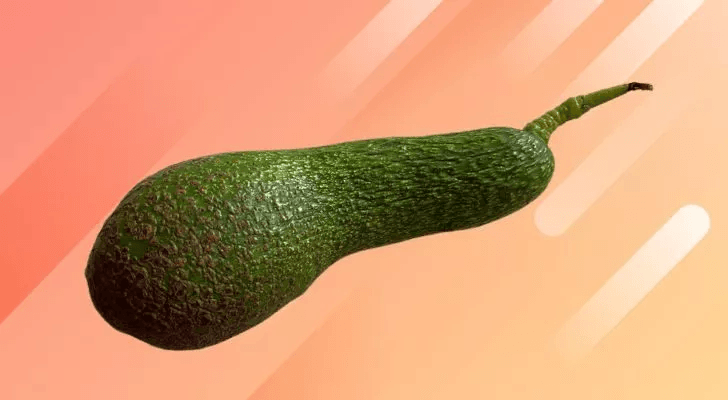
These unique-looking avocados come in two main types. The first are Russel avocados, which originate in the Florida Keys. The other, Pura Vida avocados, are native to Nicaragua.
Both varieties typically grow up to 13 inches (33 centimeters) long and weigh 1 to 3 pounds (0.45-1.36 kg).
They also taste quite different, with some people describing them as slightly salty, with an overall savory flavor.
Avocados in Hawaii can grow as big as a newborn baby!

In January 2019, Hawaiian farmer Kenji Fukumitsu delivered a box of avocados to his local medical clinic, as he had been doing so for years.
This time, though, they caught the eye of one of the resident doctors, who decided to weigh them. As it turns out, Kenji had unknowingly been growing the heaviest avocados in the world, with each weighing about 6 pounds (2.72 kg).
That’s over ten times the weight of the average avocado in your local supermarket!
Unfortunately, Guinness World Records was unable to be involved due to bureaucratic red tape, so the record for the heaviest avocado stays with another Hawaii resident and their paltry 5.6-pound (2.5-kg) avocado.
Avocado pits have other uses.
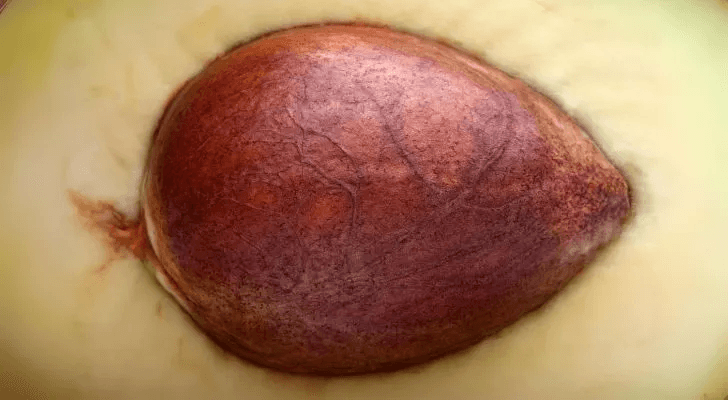
Aside from planting avocado trees, avocado pits have a variety of uses, from facial scrubs to making dye.
Another way people use avocado pits is to make tea. It turns out that they’re full of antioxidants, as well as lots of immunity-boosting nutrients.
This is because they contain up to 70% of an avocado’s nutrients.





